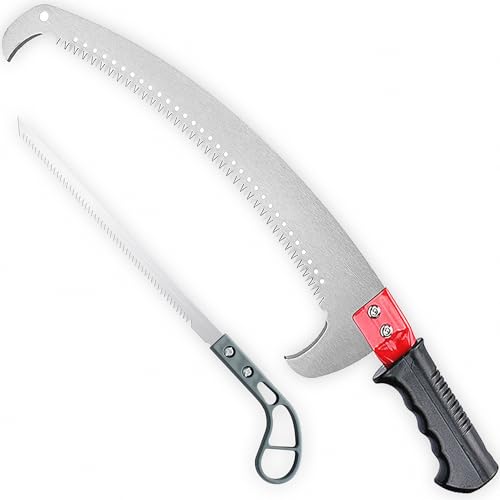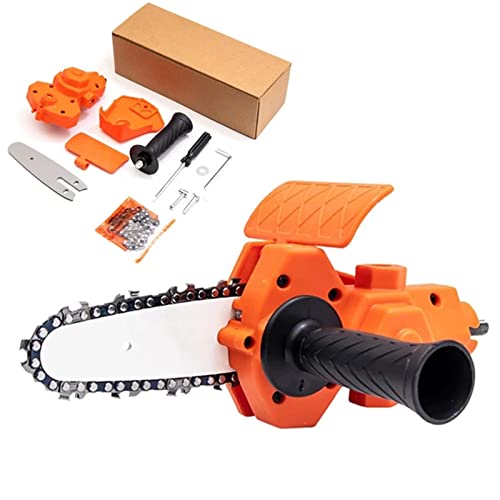I've been told that I wasted my money. The current cycle time is about 30 seconds under zero load. That's what time it takes to go all the way from left to right with no log being split. It's a Brave with an 11-gpm pump driving a 4" cylinder with a 5 Hp Briggs engine that doesn't miss a beat. The owner's manual says it should require about half that much time.
This splitter is at least 18 years old and using the original hydraulic fluid and Fram filter. I estimate at least 900 hours or running time is on board. So, I decided to buy a new filter and change the hydraulic oil. I have not done it yet but I bought both. Did I waste my money? Please advise.
This splitter is at least 18 years old and using the original hydraulic fluid and Fram filter. I estimate at least 900 hours or running time is on board. So, I decided to buy a new filter and change the hydraulic oil. I have not done it yet but I bought both. Did I waste my money? Please advise.
























































